Fire Safety for Kids – Important Tips for Protection

As a parent, you will always be concerned about your child’s health and safety. Children are often told to be safe and careful about their surroundings, yet they tend to fall, slip, and get hurt while playing. Ensuring the safety of children in the face of fire hazards is paramount for any responsible parent. With its unpredictable nature and devastating consequences, fire safety education for kids becomes not just a recommendation but a necessity. Fire prevention for preschoolers focuses on introducing simple concepts and practices to minimise fire risks and promote safety awareness at an early age. This article explores tips and strategies for children’s fire safety, ensuring they are well-prepared and empowered for fire-related situations confidently and cautiously.
Kids and Fire Facts
Here are crucial facts about fires and children, highlighting the significant role of parents, educators, and caregivers in teaching fire safety for children’s safety:
- Each year, over 400 children under ten years old succumb to home fires, highlighting the urgency of prevention measures.
- Young children, particularly those under 5, may struggle to escape fires independently, emphasising the necessity of proactive safety measures.
- Traditional tonal smoke alarms might not effectively awaken children, with over half of under-5 fatalities occurring while they’re asleep.
- In the chaos of a fire, children often hide, seeking refuge in places they perceive as safe, such as closets or under beds.
- Even older children may not always make sound decisions during fire emergencies, potentially jeopardising their safety by returning to a burning building.
Fire Safety Rules for Children
One of Mother Nature’s most useful yet unforgiving products is fire. It can occur without any warning at any given time! The most common cause is short-circuiting, and the first reaction when a fire is panic.
Parents, the most crucial rule when teaching kids fire safety is not to panic! Here are some fire safety tips for kids to keep them safe and prevent damage during a fire outbreak.
1. Safety Talks With Your Child
The first tip for fire safety is to educate your child about the importance of their safety. Talk to them about what happens during a fire and how they must keep themselves safe at all costs. They should know all preventive measures and how to be safe around fire.
2. Avoid Playing With Lighters and Matches
Children must be forbidden from playing with matches and lighters unless they are under adult supervision. Even then, care must be taken to avoid accidents.
3. Double Check Extinguished Matches
Once a match is lit and extinguished, run it underwater to ensure it has been put out completely. This will ensure that the trash does not accidentally catch fire. Older children or young adults must practice this rule. Since this tip is easy, children can grasp and follow it easily.
4. Be Mindful of Burning Candles and Incense
It is essential to teach young and old children to be careful not to leave burning candles and incense around. Exposed heat is a fire hazard waiting to happen. Tell your child to be cautious when leaving a room and extinguish the flame or the lit-up item.
5. Do Not Touch Electrical Outlets
Children should be taught not to insert objects or their fingers into electrical outlets to prevent the risk of electrical shock or fire. It’s also important to emphasise the importance of respecting electrical devices and using them only under adult supervision.
6. Avoid Over Plugging
With many electronic devices in a household, it is essential to educate your children on the number of devices per power outlet. They must refrain from plugging too many appliances into one outlet, which could lead to a short circuit.
7. Stay Away From Fireplaces and Stoves
It’s never safe for children to be close to fire sources, be it an active fireplace or a stove. You must tell them that playing around in these places could be hazardous.
8. Caution Around Flammable Objects
If your children are learning to cook, inform them to keep any flammable objects away from the stove. They must be cautious when using things like towels and oven mitts, which can catch fire instantly.
9. Fireproofing the House
Ensure your child knows the dangers of playing with or near fire or an open flame. Install fire alarms in your house and ensure they work by changing their batteries every six months. Investing in a mini fire extinguisher is good, and you must teach your children how to use it in case of a fire. Also, make sure all the wiring around the house is properly covered.
10. Execute a Fire Drill Plan
Fire drills will always help your children understand what to do in case of a fire outbreak. Map out a plan and execute it a few times; this will help them overcome a scary situation and know what to do in an emergency. Also, sketch out a safe place to meet in case you are separated during the exit.
11. Get Low and Exit
In a fire, your children must know how to get low to avoid the smoke, find the closest exit, and leave the place. During the fire drill practice, ensure they safely crawl and leave the area.
12. Stop, Drop, and Roll
One of the most essential safety tips your child must implement if their clothes catch fire is to Stop, Drop and Roll! Rolling will help put out the fire, and tell your child not to run around because it will make the fire spread faster. Make them practice this with you diligently, and it could save their lives!
13. Do Not Hide Inside
Your children must know that they should never look for places to hide in case of a fire. Finding the nearest exit and leaving is important, so show them all the possible ways of getting out of the house.
14. Leave Everything Behind
During a fire, the priority should be to exit the building. This means leaving all your possessions behind and getting to safety. Do not run back inside a burning building to retrieve anything since your life is more important.
15. Test Doors for Heat Before Opening
Teach children to use their hands to feel the doorknob and door for heat. If the door is hot, they should find another way out. This simple action can prevent burns and injury by avoiding opening doors leading to fire-engaged areas.
16. Avoid Using the Elevator
When there is a fire in an apartment, your child must know not to use the elevator. Explain to them that they must use the stairs to exit the building during a fire. The elevators may stop working, and they could get stuck inside.
17. Signalling for Help
If trapped in a room during a fire, waving a bright cloth at the window can attract the attention of firefighters or passersby, increasing the chances of rescue. Children need to understand this method of communication as it can help them stay visible and alert rescuers to their presence in an emergency.
18. Knowing the Emergency Numbers
Teach your child to exit the building as practised and reach the designated safe place in case of a fire. Once they arrive, they must call the emergency helpline, such as the police or the fire department, for help and assistance.
FAQs
1. What role do schools play in teaching children fire safety?
Schools play a crucial role in teaching fire safety to children by incorporating fire safety education into the curriculum, conducting fire drills regularly, and inviting firefighters to give presentations on fire safety. This helps reinforce the importance of fire safety outside the home environment.
2. How can parents address fears or anxieties children may have about fire safety?
Parents can address children’s fears or anxieties about fire safety by providing reassurance, answering questions honestly and age-appropriately, and emphasising the importance of fire safety measures in keeping them safe.
3. What are the most common fire hazards for kids?
Common fire hazards for kids include playing with matches or lighters, leaving cooking unattended, electrical outlets or cords, and flammable materials such as curtains or clothing.
Fire safety for preschoolers involves using age-appropriate methods to educate them about potential hazards and how to respond to emergencies. Children are often easily scared during an accident, and speaking to them about their safety will help them remember the tips you share with them during a fire outbreak. Always tell them to be alert and trust your children to be responsible.
Also Read:
Burns in Children
How to Perform CPR in Kids
Internet Safety Tips for Kids
School Safety Rules for Children
Important Beach Safety Tips for Kids
Was This Article Helpful?
Parenting is a huge responsibility, for you as a caregiver, but also for us as a parenting content platform. We understand that and take our responsibility of creating credible content seriously. FirstCry Parenting articles are written and published only after extensive research using factually sound references to deliver quality content that is accurate, validated by experts, and completely reliable. To understand how we go about creating content that is credible, read our editorial policy here.







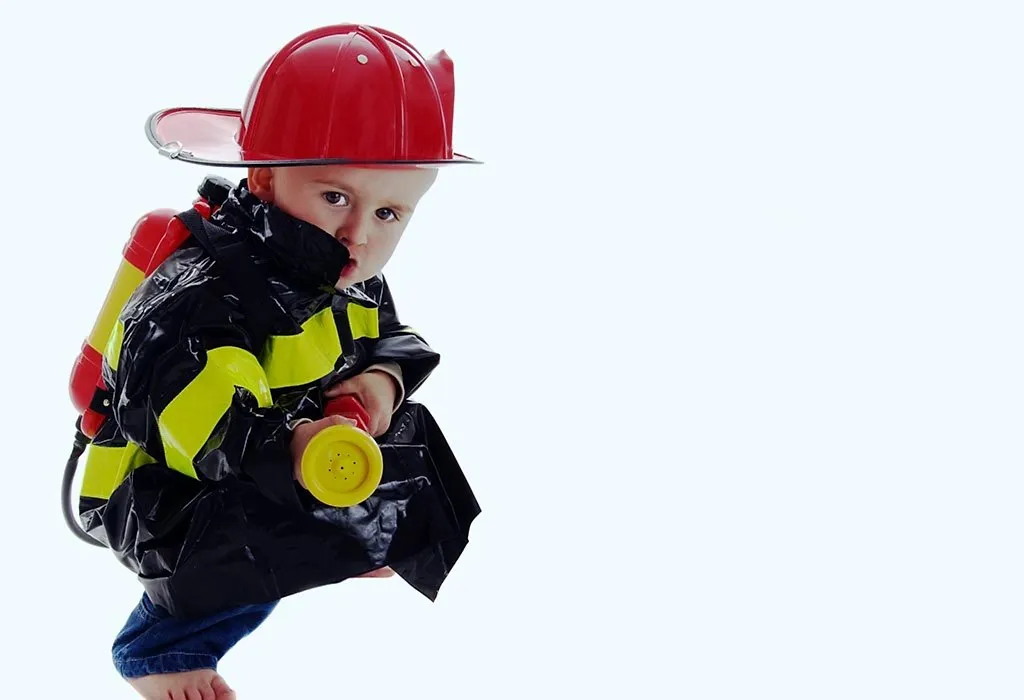
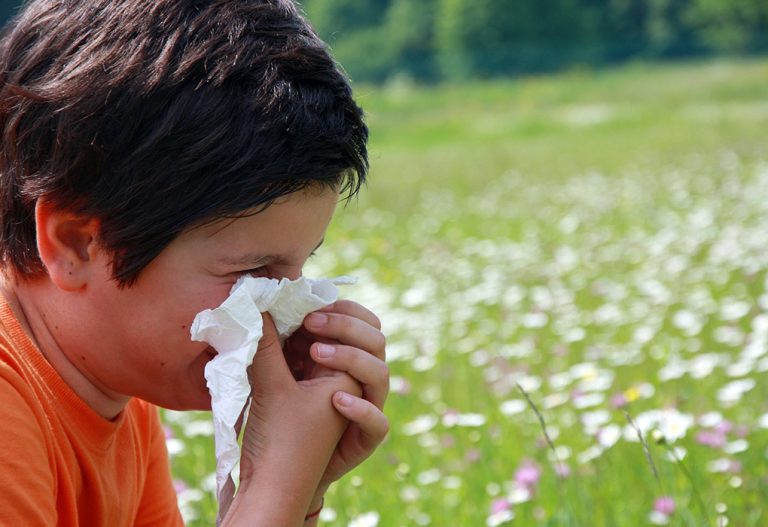

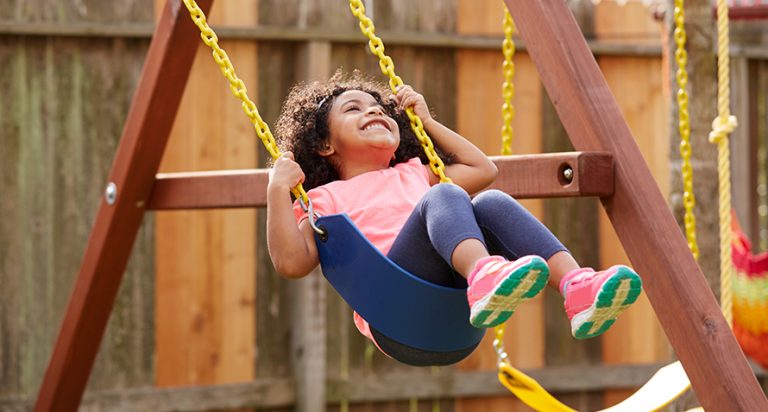
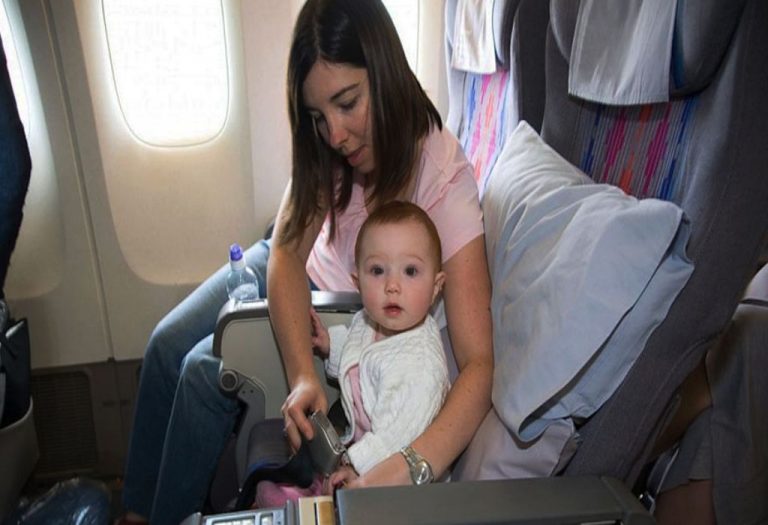
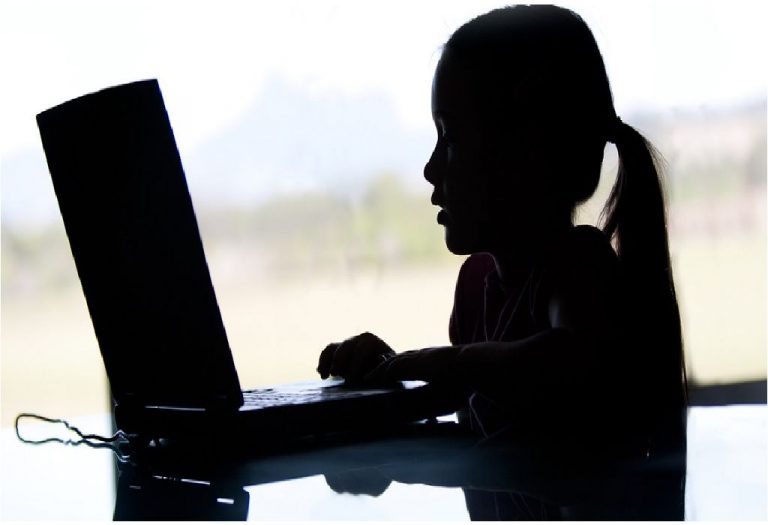


.svg)
















